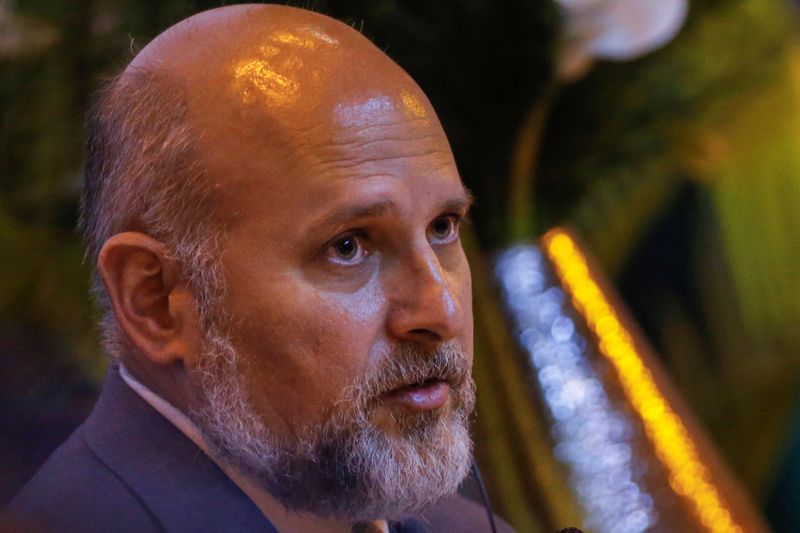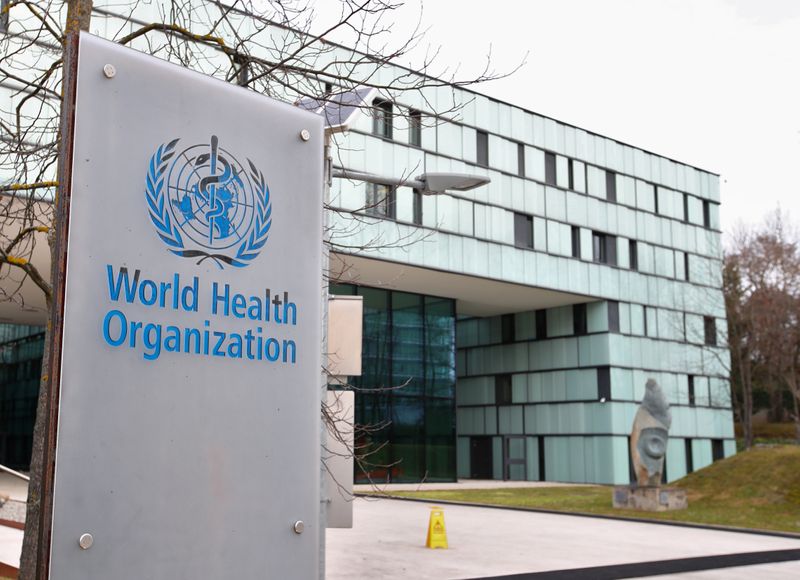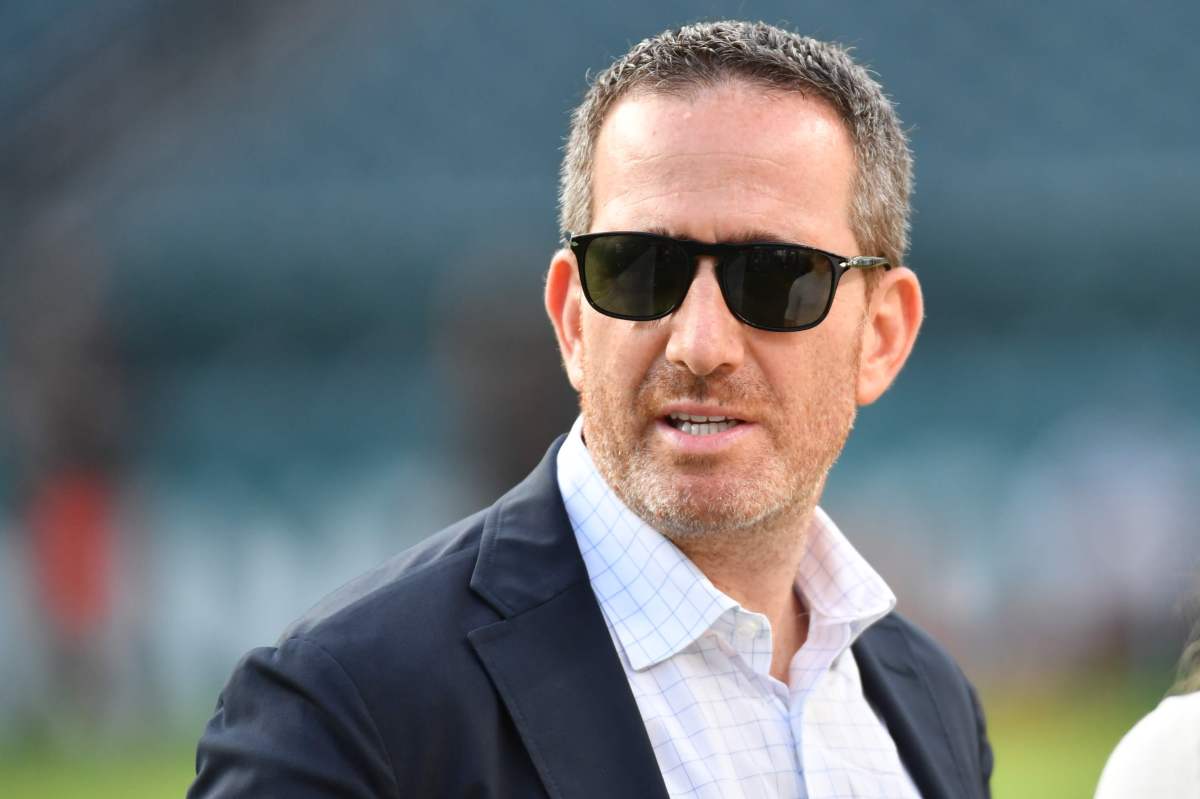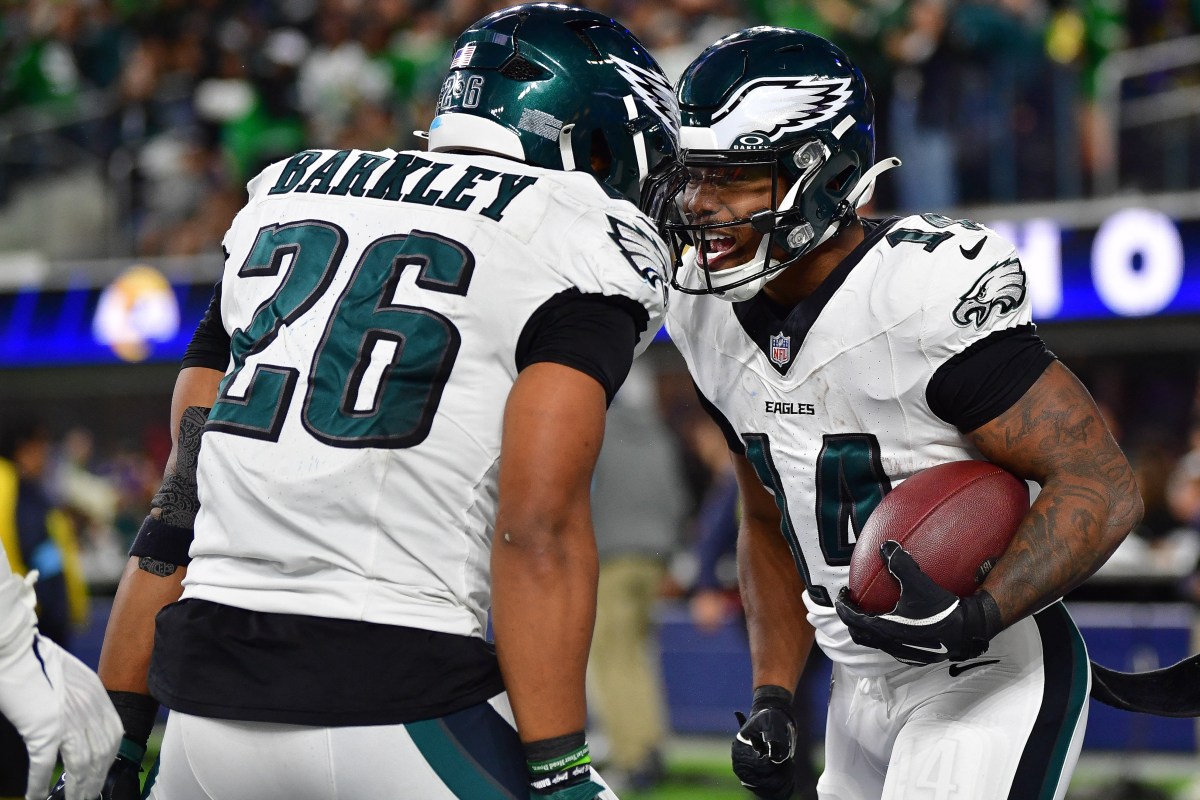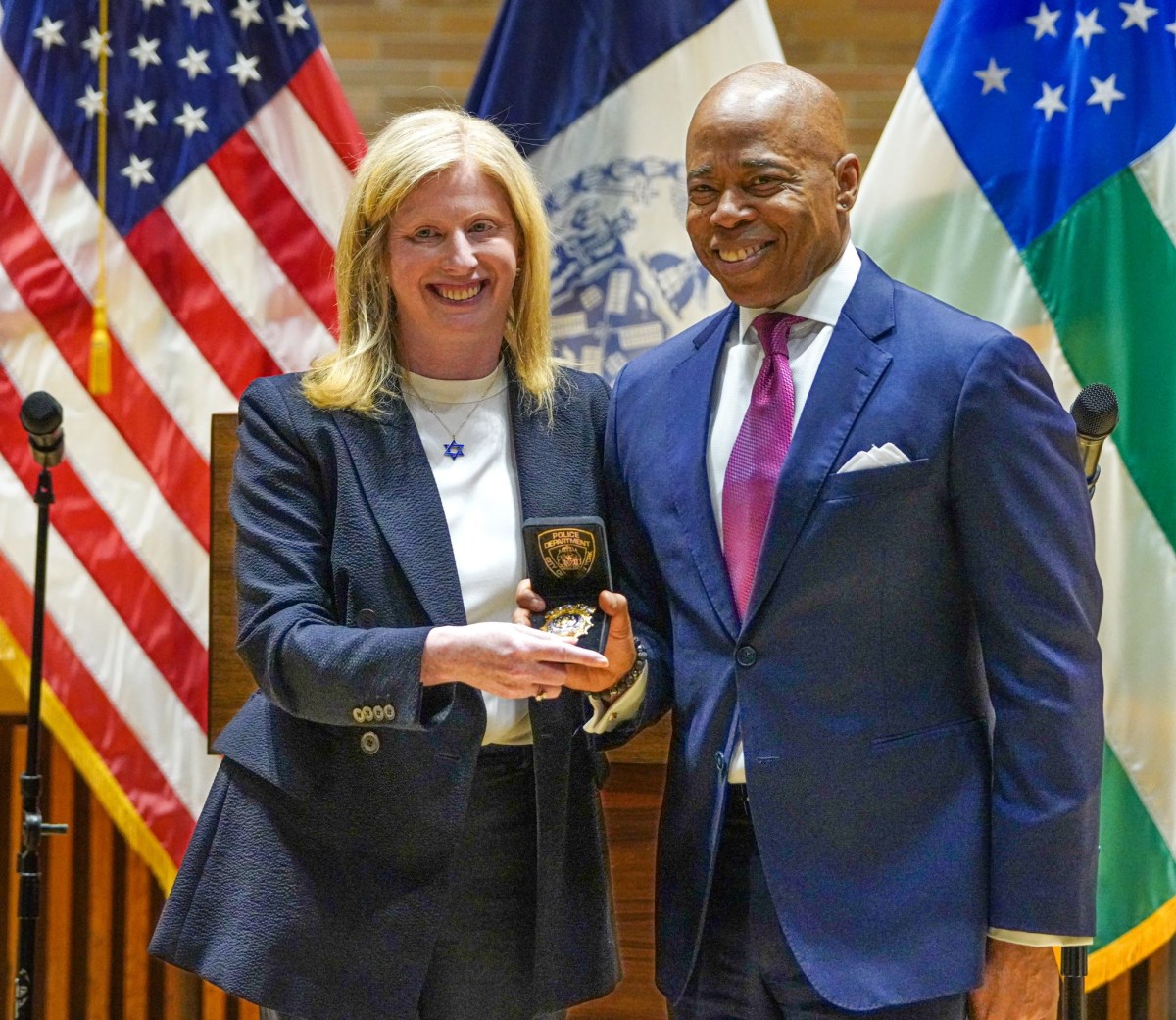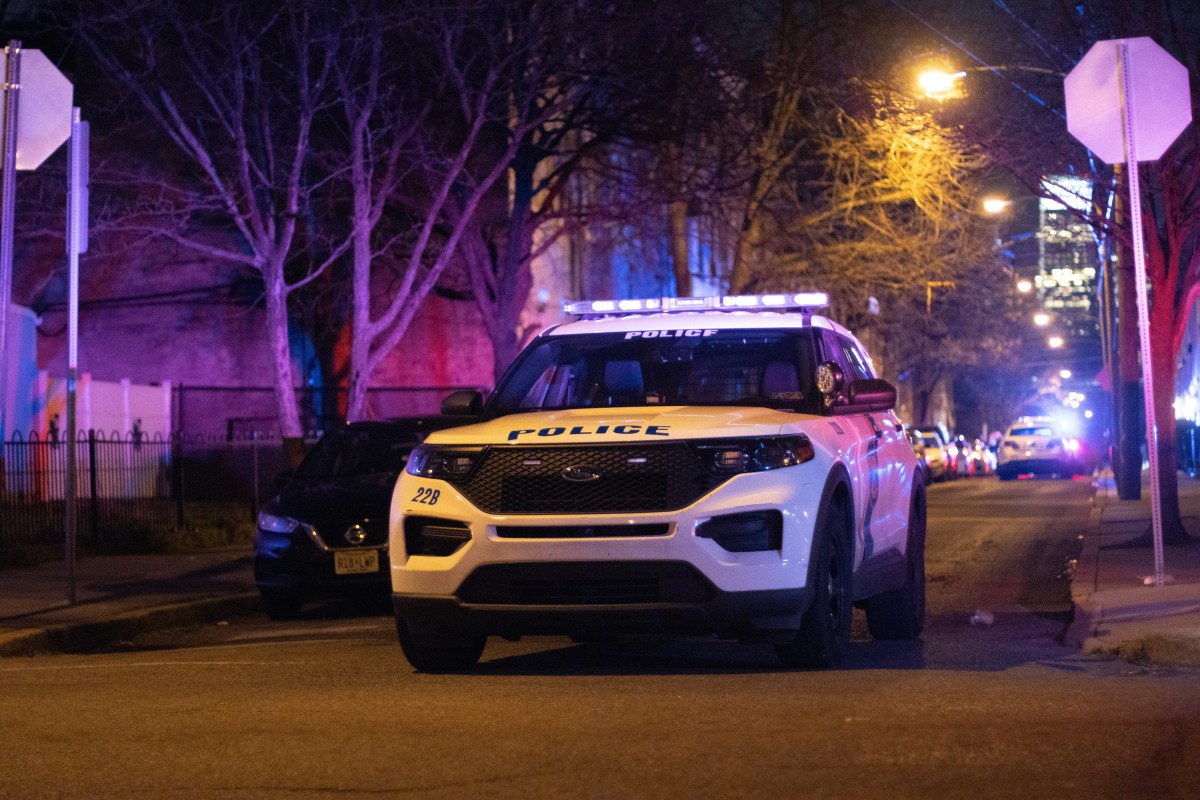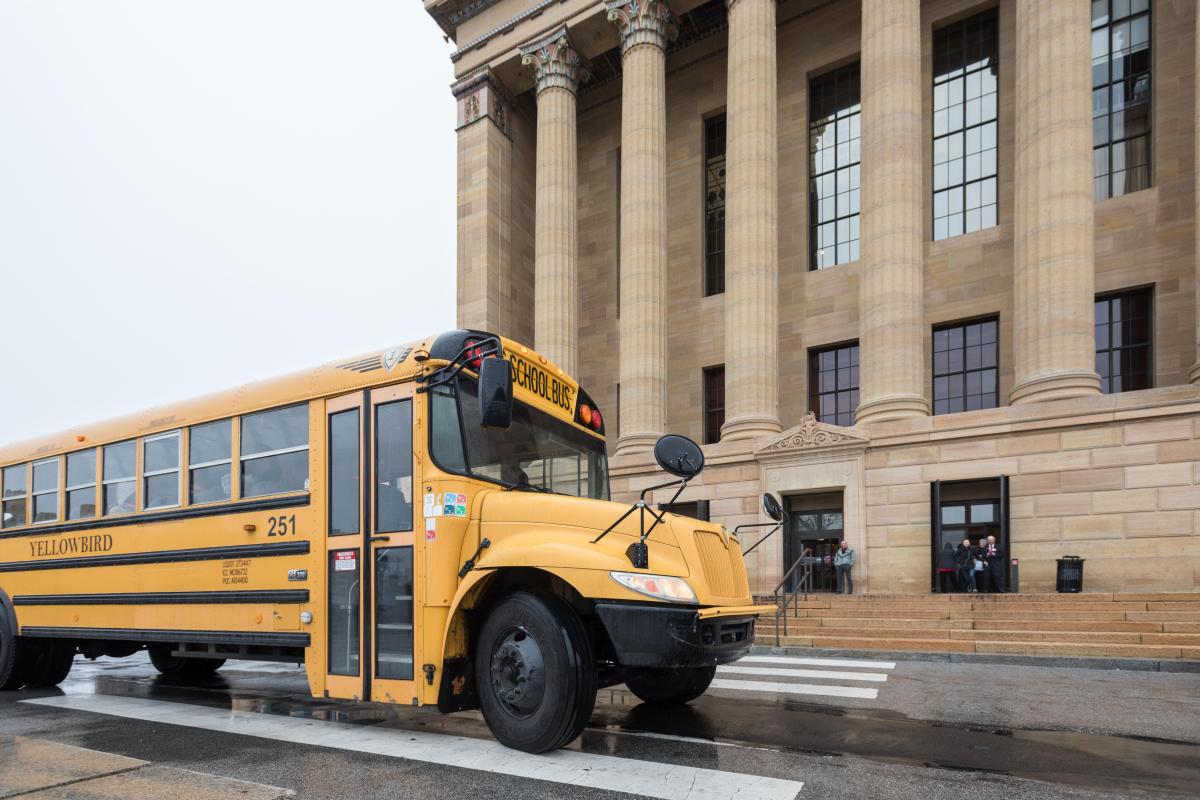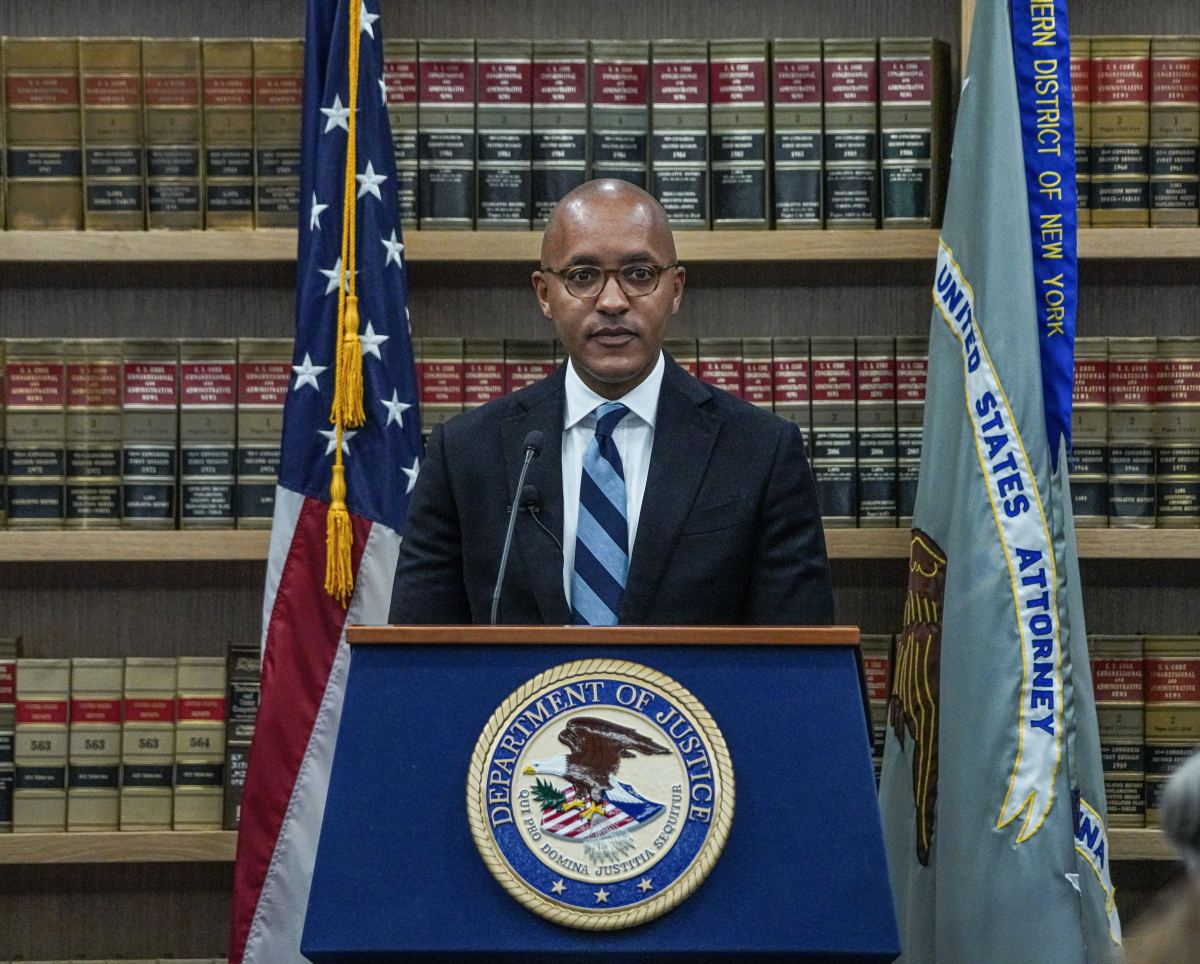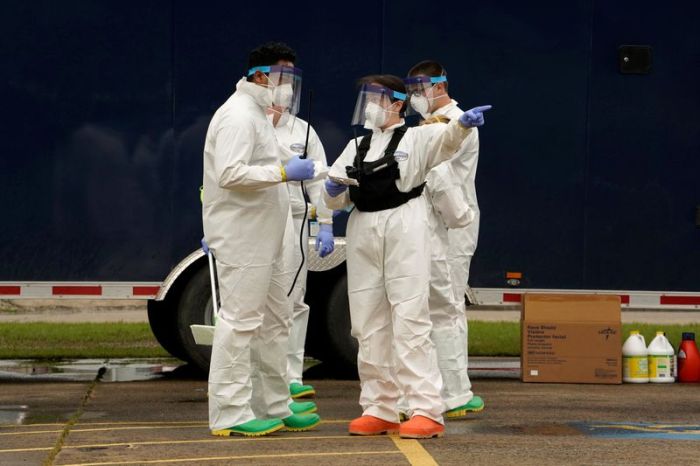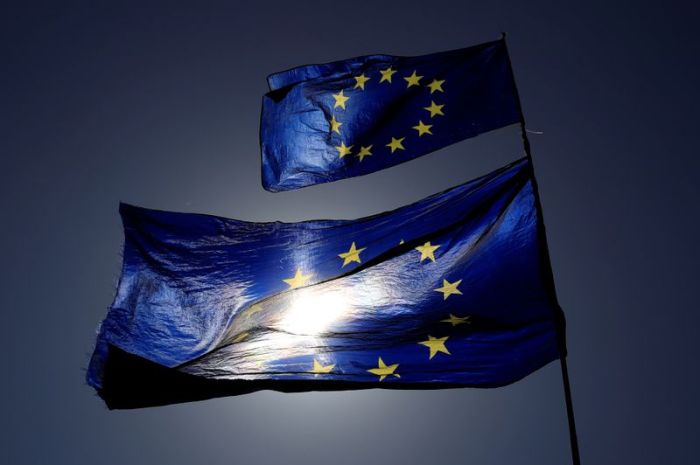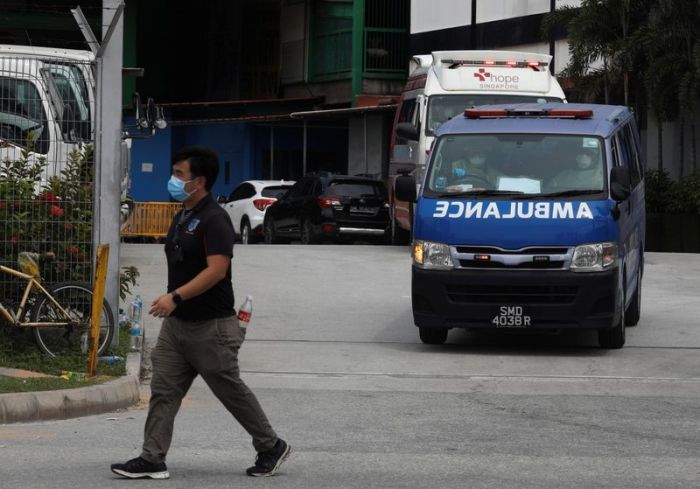WASHINGTON (Reuters) – The United States will assess if the World Health Organization is being run properly following President Donald Trump’s pause in U.S. funding to the global body, the acting head of the U.S. Agency for International Development (USAID) said on Wednesday.
Washington will also use this time to look for alternative partners outside the WHO to continue to carry out “important work” such as on vaccines, to ensure there is no disruption to U.S. aid efforts, added John Barsa, who heads USAID, the key U.S. government agency that administers foreign aid.
Separately, the United States announced more than $270 million in additional foreign assistance provided by Congress to respond to the coronavirus outbreak.
Barsa told reporters the review would be “all-encompassing” and said there were many management questions, including how the WHO has held “member states accountable” for their actions.
“Is the management of the World Health Organization running it the way it should be run?,” was the key question, he said.
Trump announced a halt to U.S. funding for the Geneva-based WHO last week while Washington reviews the organization’s handling of the coronavirus pandemic. Trump has accused WHO of promoting Chinese “disinformation” about the virus, saying this had probably worsened the outbreak.
WHO officials defended the agency’s handling of the pandemic, saying it alerted member states of the outbreak earlier in the year.
Jim Richardson, USAID’s director of foreign assistance, said U.S. aid would continue despite the pause, saying that “for … every dollar flowing today, we’re just taking WHO off the table and we are going to provide that assistance” to other groups.
Civil rights groups have previously criticized the Trump administration for favoring groups aligned with its ideology. In 2017, Trump reinstated a policy requiring foreign nongovernmental organizations that receive U.S. family planning funds to certify they do not provide abortions or give abortion advice, drawing ire from abortion rights advocates.
Neither official identified which groups might get money previously destined for the WHO, nor did they say what the agency needed to do to resume receiving U.S. funds.
However, they said Washington would look at whether local community-based entities and faith-based organizations, some of which Washington already works with, can take over as partners.
They also said the effort to diversify aid partners had begun before the WHO review and the global coronavirus outbreak.
The United States is the biggest overall donor to the WHO, contributing over $400 million in 2019, roughly 15% of its budget. Senior U.S. officials last week told Reuters Washington could redirect these funds to other aid groups.

